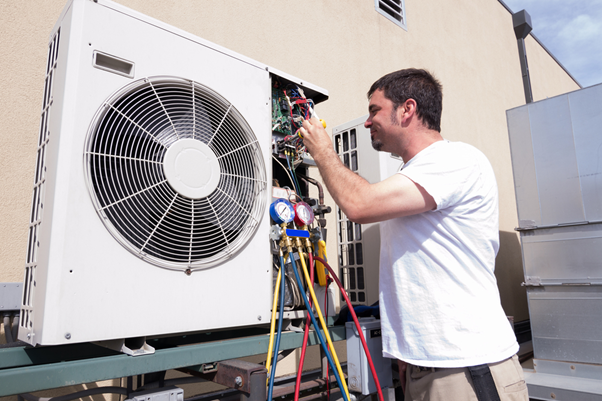In today’s world, achieving optimal comfort within a home is not merely a luxury but a necessity. A well-designed residential HVAC (Heating, Ventilation, and Air Conditioning) system plays a crucial role in maintaining a comfortable indoor environment throughout the year. This comprehensive guide explores the essential components, benefits, and considerations for residential HVAC systems to ensure maximum comfort and efficiency.
Understanding Residential HVAC Systems
A residential HVAC system is designed to control the temperature, humidity, and air quality within a home. It consists of three primary components:
- Heating: This component includes furnaces, heat pumps, and boilers that provide warmth during colder months. Each type of heating system operates differently, with furnaces using gas or electricity, heat pumps transferring heat from outside air, and boilers using water or steam.
- Ventilation: Effective ventilation is vital for maintaining indoor air quality. It involves the exchange of indoor air with outdoor air, which can be achieved through natural ventilation (windows and vents) or mechanical systems like air exchangers and fans.
- Air Conditioning: Air conditioning systems, including central air conditioners and ductless mini-split units, regulate indoor temperatures during hot weather. These systems remove heat and humidity from indoor air, providing a cool and comfortable environment.
Key Benefits of a Residential HVAC System
1. Enhanced Comfort
A properly installed and maintained HVAC system ensures consistent indoor temperatures, reducing temperature fluctuations and creating a more comfortable living environment. This is particularly important in regions with extreme weather conditions, where maintaining a stable indoor climate is essential for well-being.
2. Improved Air Quality
Residential HVAC systems contribute to better indoor air quality by filtering and ventilating air. High-efficiency filters capture dust, pollen, and other allergens, while proper ventilation helps remove stale air and moisture, reducing the risk of mold growth and respiratory issues.
3. Energy Efficiency
Modern residential hvac systems are designed with energy efficiency in mind. Energy-efficient models, such as those with SEER (Seasonal Energy Efficiency Ratio) ratings for air conditioners and AFUE (Annual Fuel Utilization Efficiency) ratings for furnaces, use less energy to achieve the same level of comfort. This not only lowers utility bills but also reduces the environmental impact.
4. Increased Property Value
A well-maintained HVAC system can enhance the value of a property. Potential buyers often view a modern, efficient HVAC system as a significant asset, making it an attractive feature during the home-buying process.
Considerations for Choosing a Residential HVAC System
1. System Size and Capacity
Selecting the right size and capacity for a residential HVAC system is crucial. An undersized system may struggle to maintain desired temperatures, while an oversized system can lead to inefficiencies and higher energy costs. It is advisable to consult with a professional HVAC contractor to perform a load calculation, which determines the appropriate size based on factors like home size, insulation, and climate.
2. Energy Efficiency Ratings
When choosing an HVAC system, consider models with high energy efficiency ratings. Look for certifications such as ENERGY STAR®, which indicates that the system meets rigorous energy efficiency standards. Investing in an energy-efficient system can lead to significant long-term savings on utility bills.
3. Installation and Maintenance
Proper installation and regular maintenance are essential for the optimal performance of a residential HVAC system. Hire a licensed and experienced HVAC contractor to ensure correct installation and adhere to the manufacturer’s maintenance recommendations. Regular maintenance, including filter changes and system inspections, helps prevent breakdowns and extends the system’s lifespan.
4. Smart Technology Integration
Modern HVAC systems can be integrated with smart technology to enhance convenience and efficiency. Smart thermostats allow homeowners to control their HVAC system remotely, set schedules, and monitor energy usage. These features can lead to increased comfort and further energy savings.
Conclusion
Maximizing comfort in a residential setting involves a well-designed and efficiently operated HVAC system. Understanding the components, benefits, and considerations of residential HVAC systems empowers homeowners to make informed decisions that enhance indoor comfort, improve air quality, and increase energy efficiency. By investing in the right system and ensuring proper installation and maintenance, you can enjoy a consistently comfortable living environment year-round.


